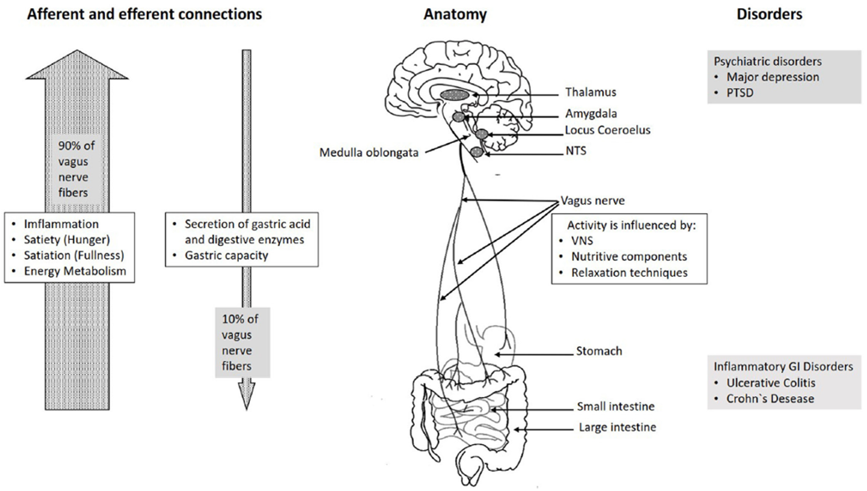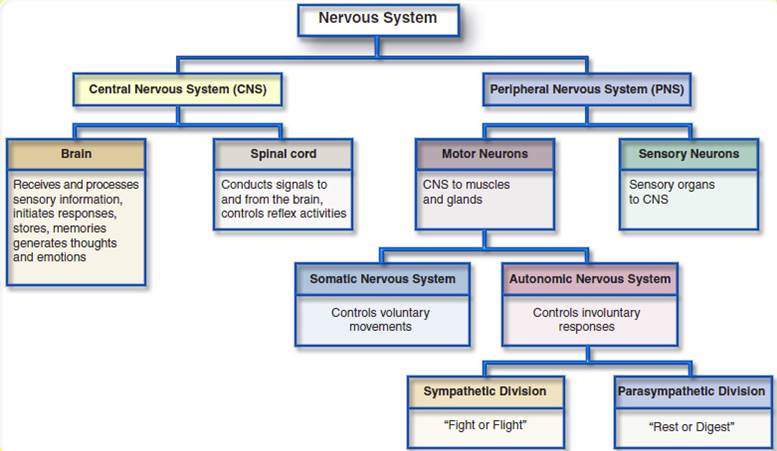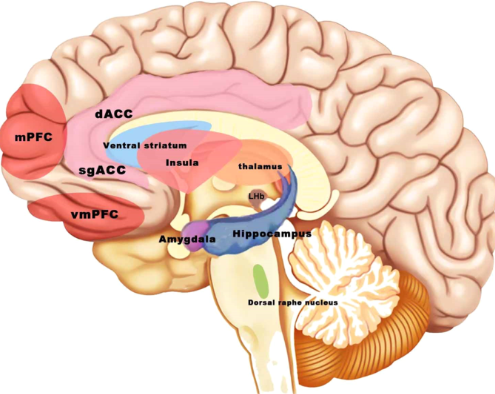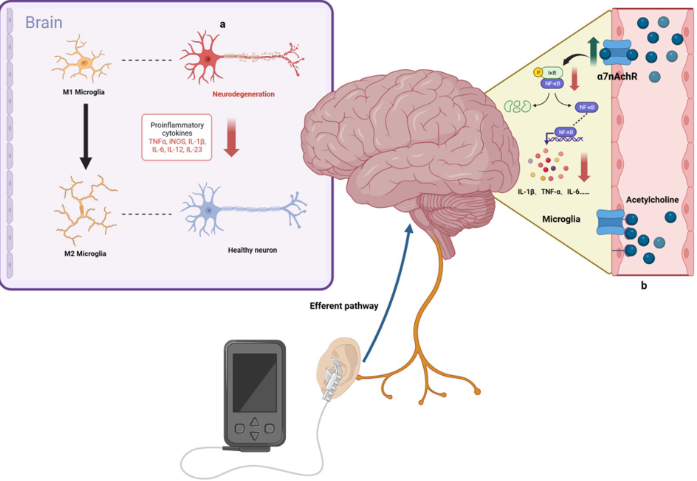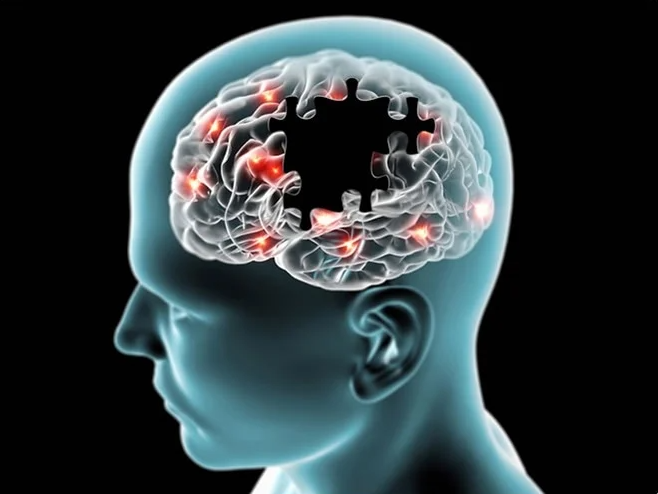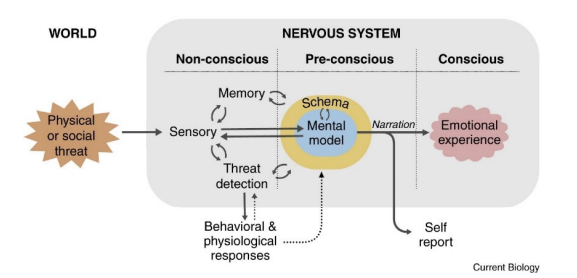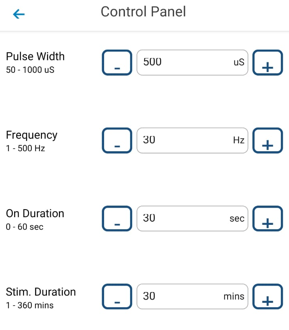Inflammatory bowel disease (IBD) is a chronic condition characterized by disrupted gut homeostasis, chronic inflammation, and ulcerative lesions. Current treatments for IBD often fall short in providing long-term remission, leading to the exploration of novel therapeutic approaches. The vagus nerve (VN) has emerged as a potential target due to its role in the pathogenesis of […]
In the realm of treatment-resistant depression, where conventional therapies often fall short, researchers are exploring innovative approaches to address the complex interplay between neurological and immunological factors. A recent pilot study, sheds light on the potential of vagus nerve stimulation (VNS) to modulate inflammation and alleviate symptoms in patients with refractory depression. Shedding Light on […]
Complementary and integrative medicine (CIM) has increasingly gained attention as a supplementary approach in the treatment of various idiopathic and chronic diseases. Despite their popularity, the lack of placebo-controlled, blinded, and randomized studies has led to skepticism regarding their reliability and effectiveness within the scientific community. However, the effectiveness of these methods in diverse conditions […]
Transcutaneous vagus nerve stimulation (tVNS) activates key brain regions associated with cognitive functions, and these activations contribute to potential therapeutic effects in Alzheimer’s disease (AD). Here are the key brain regions activated by tVNS and their implications for AD treatment: Locus Coeruleus (LC): Activation: tVNS can stimulate the LC, a brain region involved in regulating […]
Depression, a complex and pervasive mental health condition, is influenced by a myriad of factors ranging from genetics to environmental stressors. Among these influences lies a fascinating link with the autonomic nervous system (ANS), the body’s intricate control system regulating involuntary functions. Understanding the interplay between depression and the ANS sheds light on novel […]
Investigating the Role of the Autonomic Nervous System in Sleep-Induced Depression: Implications for Transcutaneous Auricular Vagus Nerve Stimulation A recent article delves into the intricate relationship between insufficient sleep and depression, with a particular emphasis on the involvement of the autonomic nervous system (ANS) in mediating this connection. Drawing from both population-based research and […]
The Significance of the Brain-Gut-Microbiota Axis in the Pathogenesis of Alzheimer’s Disease The brain-gut-microbiota (BGM) axis plays a significant role in the pathogenesis of Alzheimer’s disease (AD) due to its complex bidirectional communication system involving the vagus nerve. Several key points highlight the significance of the BGM axis in AD: Communication system: The BGM […]
Alzheimer’s disease (AD) is a progressive neurodegenerative disorder that affects the brain, leading to cognitive decline and memory loss. It is the most common cause of dementia, accounting for 60-70% of all dementia cases. AD is characterized by the accumulation of abnormal proteins in the brain, including beta-amyloid plaques and tau tangles, which disrupt communication […]
Emotions are an integral part of human existence, significantly impacting mental health and overall well-being. However, when emotional functioning becomes maladaptive, it can lead to various disorders such as anxiety and depression, posing significant challenges for individuals and society as a whole. Recent research has highlighted the role of neurobiology in emotional processing, particularly emphasizing […]
Explore the transformative effects of auricular vagus nerve stimulation (aVNS) on voice characteristics. A study, published in the Journal of Intelligent Systems with Applications, sheds light on the transformative potential of aVNS and its implications for parameter optimization and algorithmic sound analysis. Delve into the illuminating insights unearthed by Özden and Tatar (2022) as they […]
